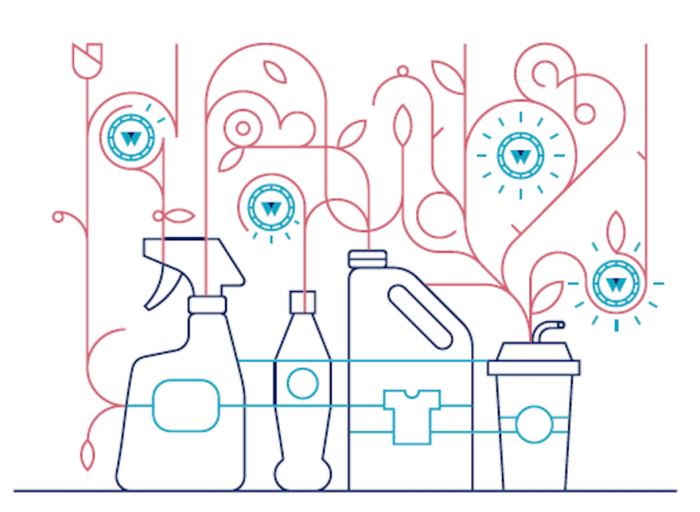
In 2015, the CITIES Foundation launched WASTED – an Amsterdam-based project that encourages recycling by offering digital coins for every bag of plastic waste. The digital coins can be exchanged for discounts and rewards at WASTED Rewarders, which includes local retailers, restaurants and more. So far, they’ve collected over 1200kgs of plastic waste that would otherwise be contributing to the world’s waste crisis. Now, the initiative has expanded their recycling efforts to include paper, textiles and glass.
“Since its launch in Amsterdam Noord, WASTED has proven itself as an important and influential enterprise, not only accelerating environmentally conscious action and sustainable consumption but essentially, demonstrating itself as an effective tool for social inclusion,” writes the project founders.
At the centre of the project, is its inclusion of those living in Amsterdam Noord. It functions as an incentive to “make the city circular.” According to CITIES The Magazine, this idea looks at the way the city functions as an interconnected system rather than the “take-make-waste” approach found in our cities today. To explore the various projects and ideas that lend themselves to this mission, CITIES recently released a book called The Wasted City.
“Fundamentally, a circular system is grounded in the realisation of two persistent ironies of our current world; we have a diminishing supply of primary resources and, we have a surplus of waste,” reads the book. “Structurally re-imagining waste as a resource, curricular cities aim to be restorative and regenerative by design, encompassing the social, built and natural environments.”
The book casts light on emerging initiatives like WASTED that aim to break the traditional mould in various industries from the hyperlocal to the regional, sectors including food, energy and material waste, and in locations such as Rotterdam, Seoul and Detroit.






